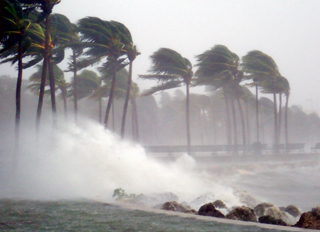
Almost a year after Hurricane Irma slammed the state of Florida, many nursing homes are still working to comply with emergency power rules.
About 75% of the state’s 684 nursing homes received an extension from the June 1 deadline to have an emergency-power plan in place, the Wall Street Journal reported Friday. All facilities, however, are still considered compliant because those extensions require homes to keep temps at or below 81 degrees for at least 96 hours after a power loss through temporary means.
Meanwhile, assisted living providers have fared better, the newspaper reports, with about 90% of them in compliance with the new guidelines.
The Agency for Health Care Administration is sending out violation notices and pushing providers to comply. Already, it has issued almost 1,300 notices over the summer, which includes nursing homes that have since come into compliance. They have also issued almost 250 notices, telling providers they plan to issue fines.
J. Emmett Reed, executive director of the Florida Health Care Association, noted in a statement that it can take nursing homes upward of 38 weeks to install a generator. The Wall Street Journal reported a cost of $350,000 per facility on average. Reed said much of the extended timeline is the result of red tape that comes with state and local approvals.
“Compliance with regulations to keep residents safe is a responsibility our member centers have and always will take seriously,” he said.
Gov. Rick Scott (R) signed new rules into place in March, requiring nursing homes to have backup emergency generators. That move came after a dozen-plus residents died when power went out at the Rehabilitation Center at Hollywood Hills following the hurricane. Those deaths were the subject of a congressional hearing on nursing home safety held last week.



